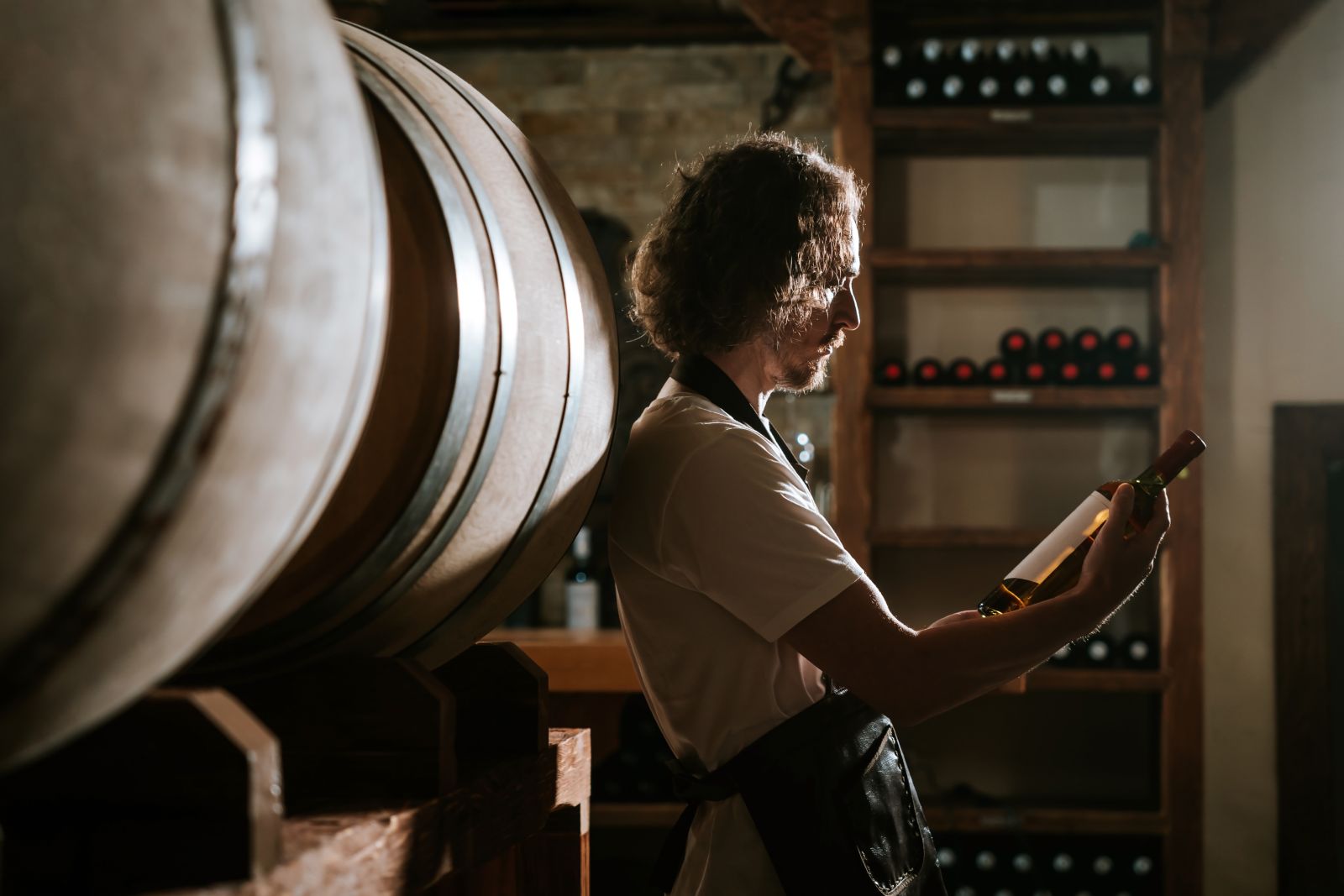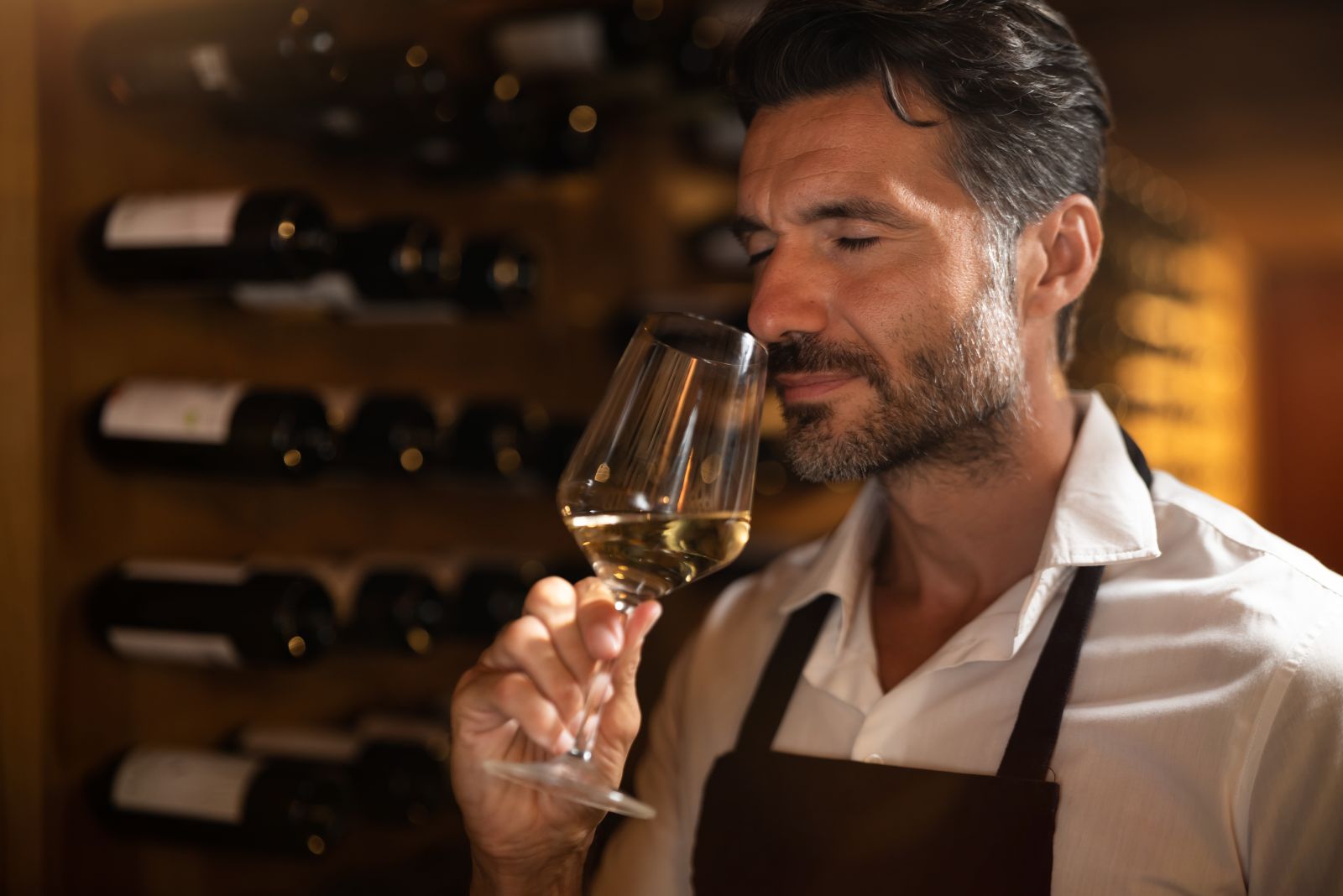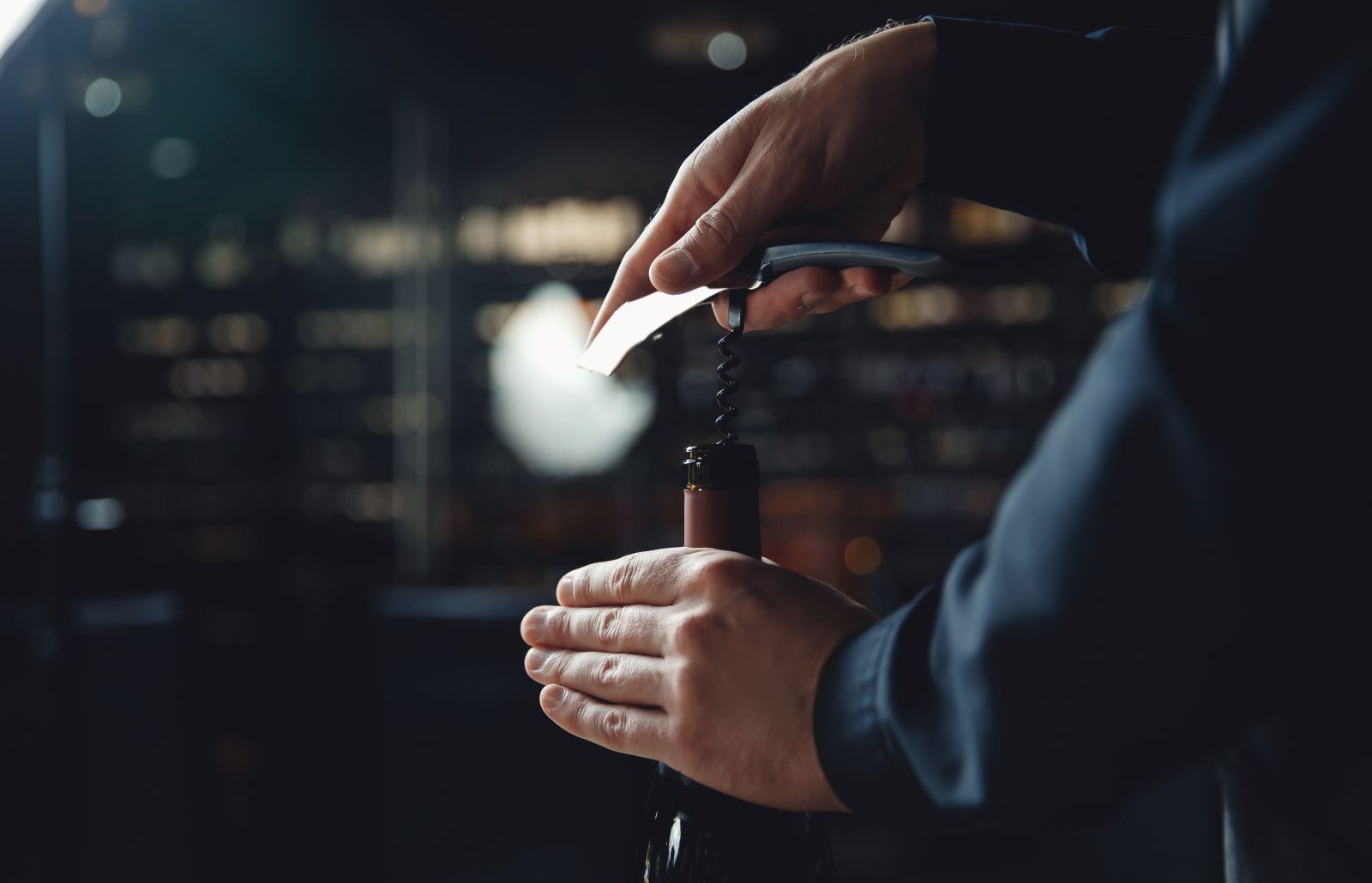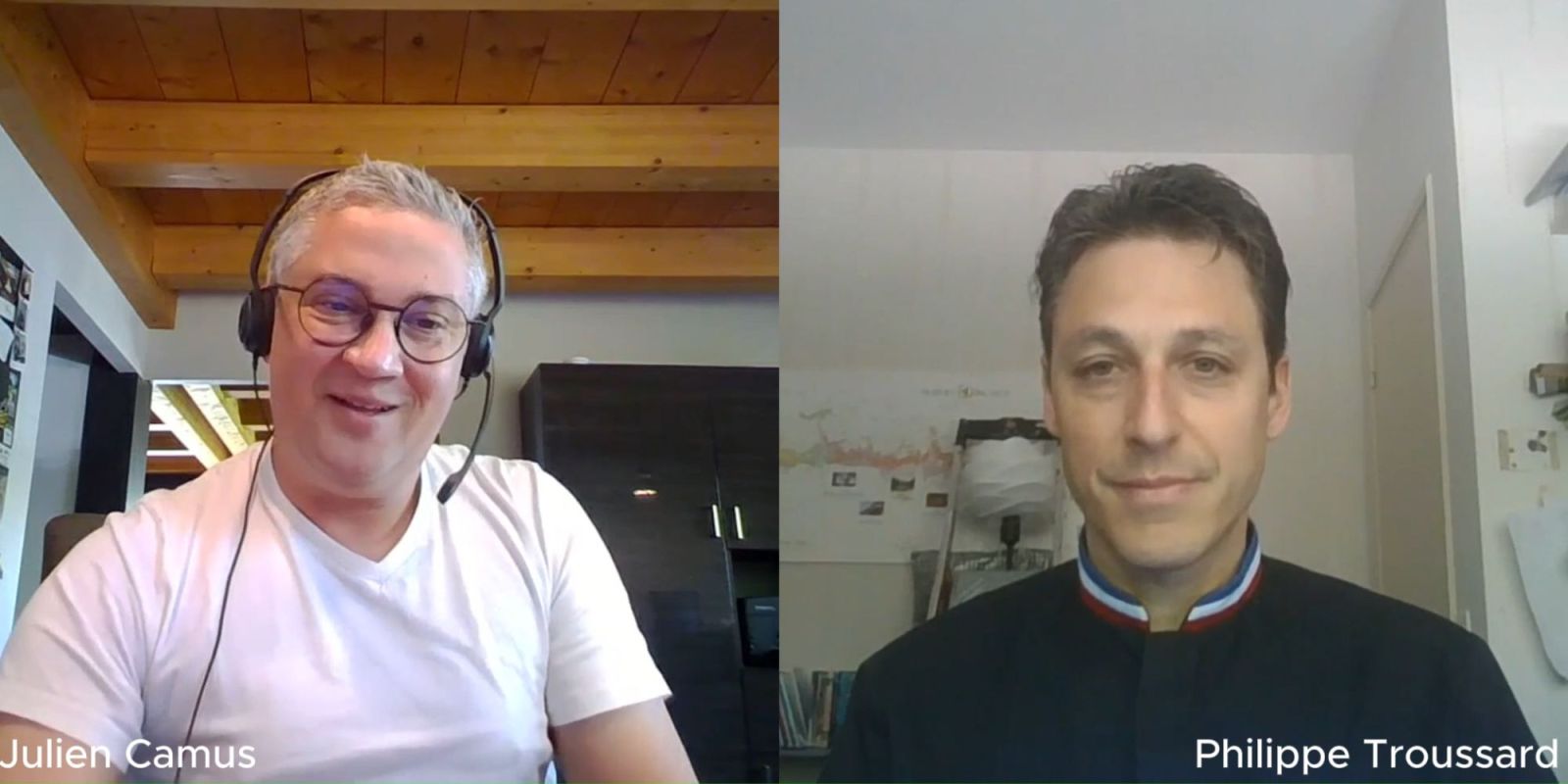BLOG
The Heart of a Sommelier: Passion, Precision and the Pursuit of Emotion
Wine Scholar Guild
Wine Culture

In the world of wine, the sommelier holds a position of both reverence and responsibility. More than just a connoisseur, a sommelier is an interpreter of terroir, a storyteller of vintages and above all a master of human connection. Philippe, a world-renowned sommelier from France's Jura region, spoke with WSG’s Founder and President Julien Camus recently, with rare authenticity about what defines excellence in this noble craft.
Beyond the Bottle: The Essential Qualities of a Sommelier
A sommelier is not simply someone who pours wine in a restaurant. As Philippe passionately explains, the profession demands a wide spectrum of qualities—rigorous knowledge, cultural openness, sensitivity and an innate sense of hospitality.
“You need to understand wine deeply,” he says, “but also to feel it. To speak multiple languages, to know the French terroirs and the great international ones and to be out in the vineyards not just reading books.”
Yet, beyond the technical mastery lies something more subtle: the human dimension. “The first quality,” Philippe says, “is empathy. The ability to truly listen—to the chef, to the guest—and to respond with precision and care. We are here to serve pleasure. To propose with humility the best possible experience.”
This isn’t about imposing one’s taste but about tuning into the unique desires of each guest. “You don’t have carte blanche,” he insists. “You must respect their boundaries, their tastes. You must navigate their world with finesse.”
Commerce and Emotion: Two Sides of the Same Coin
There’s a tendency to romanticize the sommelier’s role but Philippe reminds us that it also involves sharp business acumen.
“A great sommelier must be a great merchant too,” he explains. “Inventory management, financial oversight, understanding the economic model of the restaurant—these are essential.” It’s a delicate balance between art and commerce, intuition and data.
He likens the profession to athletics. “You need a natural talent—like Federer—but also relentless training. Not everyone can do it. You must be emotionally available, intellectually curious and strategically aware.”

Reading Between the Wines
One of the greatest skills a sommelier can develop, according to Philippe, is psychological insight.
“The sommelier must sometimes help the guest redefine what they want,” he says. “It’s not manipulation—it’s understanding. You see someone hesitating, torn between curiosity and comfort. Maybe they came in thinking they wanted a Chardonnay because it feels safe, familiar. But they’re also hoping to be surprised.”
This is where trust comes in. If the sommelier has built rapport, they may guide the guest toward something unexpected—a rare cuvée, a bold vintage, a wine that opens a new emotional door.
And herein lies the heart of the matter.
Wine as Emotion Not Just Classification
When asked what makes a great wine, Philippe doesn’t default to textbook answers like terroir, aging potential or Parker scores.
“For me, a great wine is one that moves you emotionally,” he says. “It might be a Grand Cru from Burgundy—but it could also be a humble village wine shared with your father during a meaningful moment.”
He recalls a Pinot Noir that he drank with his father—a moment of connection, simplicity and beauty. Or a Riesling that caught him off guard with its purity. “There are wines that become unforgettable not because of where they’re from but because of what they awaken in you.”
And this, he says, is why the sommelier’s job is so vital: to match the right wine to the right person at the right moment.
“It’s not about offering the best wine,” Philippe insists. “It’s about offering their best wine.”

The Power of Sharing and the Beauty of Subjectivity
Philippe is quick to point out that the wine experience is inherently subjective. “What moves one person may do nothing for another. Someone might be deeply touched by a Syrah while someone else can’t stand it.”
And that’s perfectly fine.
“What matters is that we share the experience, the emotion. That’s why we do this—to connect.”
He dreams of a world where sommeliers are not only experts in wine but also in storytelling, intuition and emotion. “To move someone with a wine pairing, to see their eyes light up—that’s the real reward.”
A Humble Appeal for Authenticity
Toward the end of the conversation, Philippe expresses a desire for more honesty and vulnerability in the wine world.
“Let’s not hide behind jargon,” he pleads. “Let’s speak from the heart. Let’s show people that wine is not just about prestige or power but about moments, sensations, stories.”
He encourages fellow professionals to share their experiences—good and bad—with as much transparency as possible. “Wine must be lived,” he says, “and relived through others.”

A Region of Riches
Philippe is particularly passionate about his home region of Jura. He invites everyone to discover its wines, its forests and its understated beauty.
“Come to Jura,” he says, with a twinkle in his eye. “You’ll see that time slows down here. And the wines—they speak of place like nowhere else.”
In the end, what Philippe offers is more than an ode to wine. It’s a philosophy of presence, a celebration of emotion and a call to live more deeply—one glass at a time.





